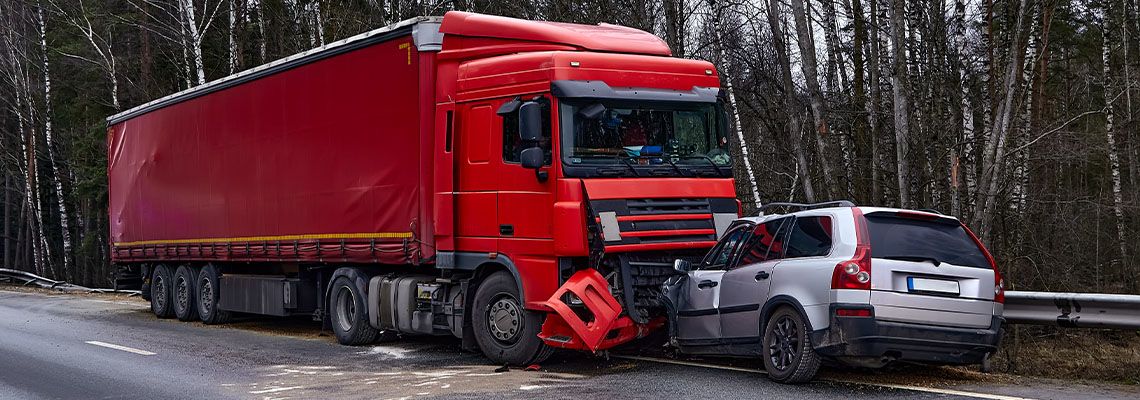Truck accidents can be catastrophic, resulting in severe injuries, property damage, and even fatalities. In the aftermath of such accidents, preserving evidence is paramount to ensure justice for the victims and prevent similar incidents in the future. This article delves into the importance of preserving evidence in truck accident cases, outlining why it matters and how it contributes to the legal process and road safety.
- Understanding the Complexity of Truck Accidents:
- Truck accidents differ significantly from typical car accidents due to the size, weight, and complexity of commercial trucks.
- Factors such as driver fatigue, mechanical failures, improper loading, and weather conditions can contribute to truck accidents.
- Investigating truck accidents requires specialized knowledge and resources to determine liability accurately.
- Importance of Timely Evidence Preservation:
- Time is of the essence in preserving evidence following a truck accident.
- Critical evidence, such as skid marks, vehicle debris, and surveillance footage, can degrade or disappear quickly after an accident.
- Prompt action is necessary to secure and document the scene before it undergoes alterations.
- Role of Evidence in Determining Liability:
- Evidence serves as the foundation for establishing liability in truck accident cases.
- Documentation of the accident scene, including photographs, measurements, and witness statements, helps reconstruct the events leading to the crash.
- Maintenance records, electronic logging devices (ELDs), and driver logs provide insight into the truck’s condition and the driver’s actions leading up to the accident.
- Ensuring Fair Compensation for Victims:
- Preserving evidence is essential for victims seeking fair compensation for their injuries and losses.
- Medical records, expert testimonies, and accident reconstruction reports support claims for damages in personal injury lawsuits.
- Without sufficient evidence, victims may struggle to prove negligence and hold responsible parties accountable.
- Contributing to Safety Regulations and Preventive Measures:
- Evidence from truck accidents informs safety regulations and industry practices aimed at preventing future incidents.
- Analysis of accident data identifies trends and common causes, prompting authorities to implement safety measures and enforcement actions.
- Enhanced safety protocols benefit both drivers and the general public by reducing the risk of accidents on the road.
- Challenges in Evidence Preservation:
- Despite the importance of preserving evidence, various challenges can hinder the process.
- Interference from insurance companies, spoliation of evidence, and incomplete investigations may compromise the integrity of evidence.
- Legal complexities and jurisdictional issues can further complicate the evidence-gathering process.
- Legal Strategies for Evidence Preservation:
- Legal professionals employ various strategies to preserve evidence effectively in truck accident cases.
- Issuing spoliation letters to prevent the destruction of evidence by opposing parties.
- Engaging accident reconstruction experts and forensic specialists to analyze evidence and provide expert testimony.
- Leveraging technology, such as dash cams and GPS tracking systems, to gather real-time data and strengthen the case.
- Public Awareness and Advocacy:
- Raising public awareness about the importance of evidence preservation is crucial for promoting road safety.
- Educational campaigns, community outreach programs, and media coverage highlight the significance of preserving evidence in truck accident cases.
- Advocacy efforts aim to strengthen regulations, improve enforcement mechanisms, and empower victims to seek justice.
Conclusion:
Preserving evidence in truck accident cases is not merely a legal formality but a vital step towards achieving justice, ensuring road safety, and preventing future tragedies. Timely and thorough evidence preservation empowers victims to seek fair compensation, holds negligent parties accountable, and contributes to the development of safety regulations and preventive measures. By recognizing the importance of evidence preservation and advocating for its proper handling, we can create safer roads for everyone.
